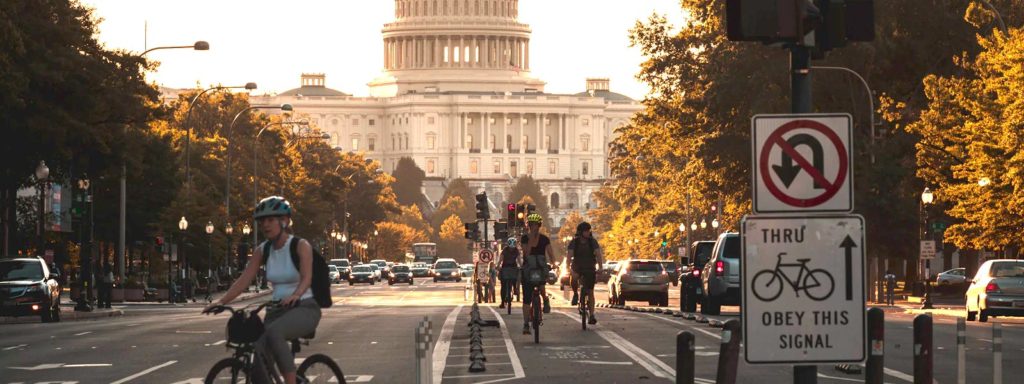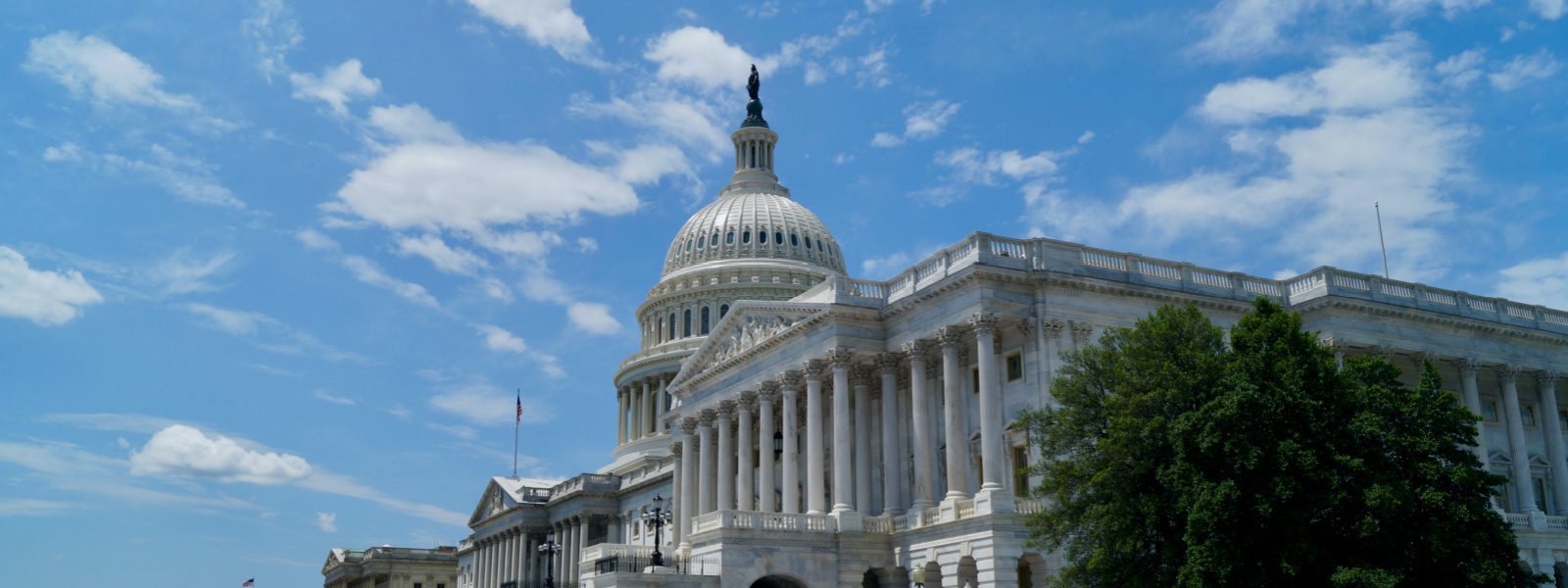Summer is coming to an end and the August recess has been cut short in DC since House lawmakers are coming back for a few days to vote on key pieces of legislation. If you just came back from vacation or are reading this during one (hopefully not), here is an overview of the latest legislative issues affecting nonprofits during these challenging times:
Infrastructure Deal and Reconciliation Update
On Tuesday, August 10, after more than a month of bipartisan talks and negotiations, the Senate passed the Infrastructure Investment and Jobs Act (H.R. 3684), a $1 trillion bipartisan infrastructure package. The bipartisan deal includes roughly $550 billion in new funding, making it substantially smaller than the $2.6 trillion proposed by President Biden earlier this year.
The bipartisan infrastructure bill makes significant investments in roads and bridges, broadband, water, and power, paid for with unused COVID-19 relief funds, excluding the state and local fiscal recovery funds; IRS cryptocurrency reporting; pension smoothing; a delay of the Medicare Part D rebate rule; and other provisions. To read the complete summary of key nonprofit and civic infrastructure provisions included in the Infrastructure Investment and Jobs Act, click here.
The bill is now heading to the House, but it is unclear how soon the House will act on the infrastructure bill, given Speaker Nancy Pelosi’s (D-CA) commitment to take up the infrastructure bill only after the Senate passes a $3.5 trillion reconciliation bill that includes provisions of President Biden’s American Jobs Plan and American Family Plan under the FY2022 budget resolution. As this column was published, Speaker Pelosi and House leadership were engaged in ongoing negotiations with a group of moderate Democrats who demanded an imminent vote on the bipartisan infrastructure package or otherwise they would vote against the FY2022 budget resolution, which passed the Senate on August 11.
Voting Rights Legislation Considered
At press time, Democratic leaders were also hoping to pass a voting rights bill this week, the John Lewis Voting Rights Advancement Act of 2021. This legislation, strongly supported by Independent Sector, builds upon the Voting Rights Act of 1965, one of the most successful pieces of civil rights legislation in our nation’s history. The new legislation establishes important mechanisms to ensure new voting procedures proposed by state and local governments do not disproportionately harm the people nonprofits serve, particularly members of low-income, English as a Second Language, transgender, and communities of color. To voice your support for this important legislation, visit the Independent Sector Action Center. If this bill passes the House, it could be blocked in the Senate due to the filibuster.
Nonprofit Jobs Update
According to the latest report from The Center for Civil Society Studies (CCSS) at Johns Hopkins University, July saw a sizable gain of more than 67,000 nonprofit jobs compared to June 2021’s total —representing a gain of nearly 10% of the 682,000 jobs still lost as of June. Overall, nonprofits employ roughly 614,860 fewer workers than in February 2020, when the sector accounted for 12.5 million jobs. Since January, nonprofits have recovered an average of 49,440 jobs per month. At that rate, it would take just over a year from July for nonprofits to reach pre-pandemic employment levels.
Nonprofits Request Improved Access to Data From the Department of Labor
At the beginning of the month, Independent Sector joined the Aspen Institute’s Program on Philanthropy and Social Innovation, the National Council of Nonprofits, and the Johns Hopkins Center for Civil Society Studies in co-leading a letter to the Secretary of Labor asking that the Bureau of Labor Statistics (BLS) provides quarterly data on nonprofit employment and wages through its Quarterly Census of Employment and Wages (QCEW). It is essential that the U.S. government release accurate and accessible data on nonprofit employment and wage trends on a quarterly basis, on par with other major industries in the country. Employing the third largest workforce of any U.S. industry, the nonprofit sector is also a major job creator and component of local economies, outdistancing all branches of manufacturing, all construction, and all finance and insurance. The letter was signed by 260 signatories, including 123 nonprofit organizations.
The Federal Reserve Wants Your Input
The Federal Reserve is conducting a survey to better understand the impact COVID-19 had on nonprofit organizations and the communities they serve. Providing input on the challenges your organization and community faced during this difficult time will help officials at the federal and local levels of government to shape relief measures in the future, as well as provide them with a better understanding of nonprofits and the communities they serve. The Federal Reserve has extended the survey deadline until this Friday, August 27. You can take the survey by clicking here.



